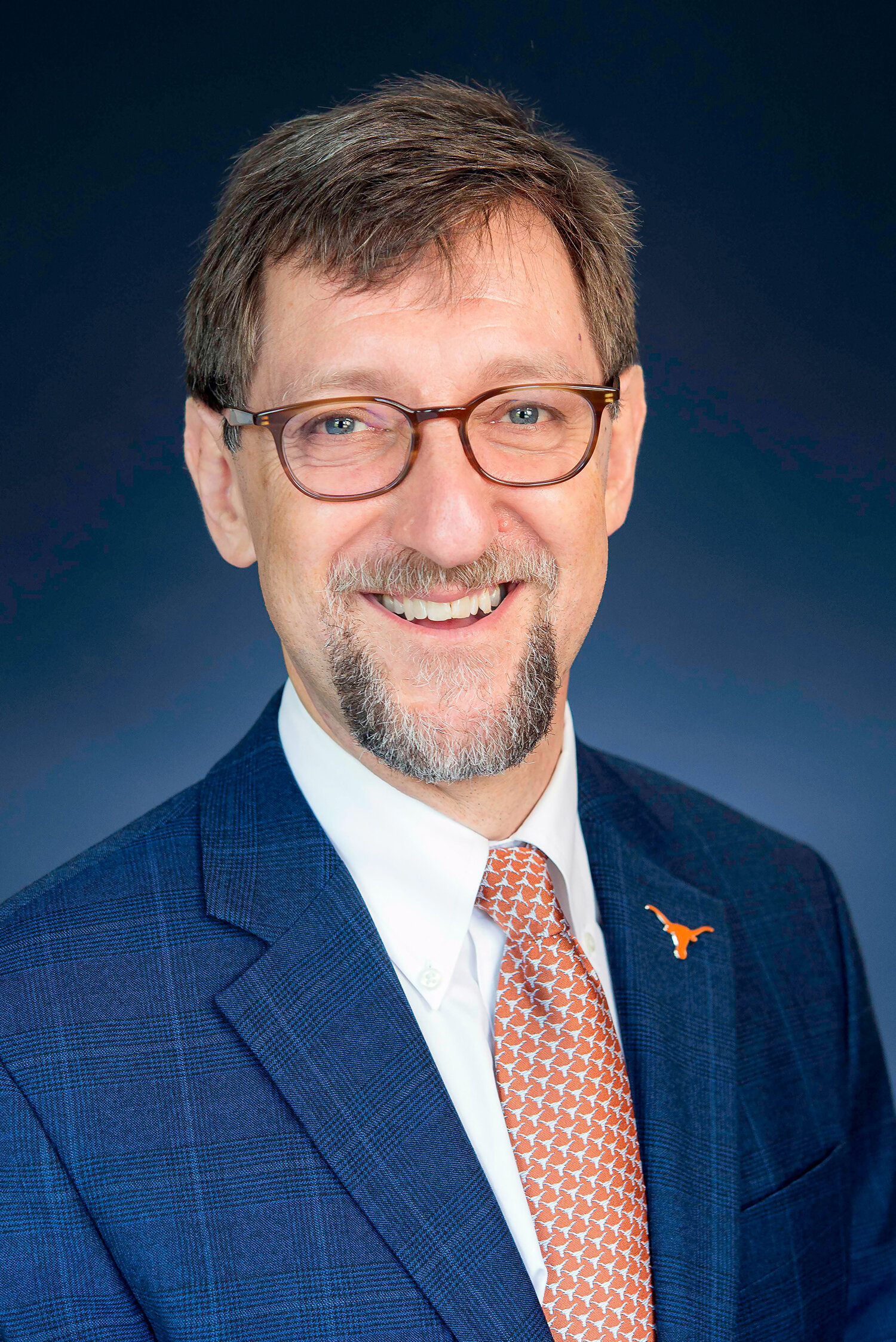Letter from the Dean
Dear Friends,
This year’s Texas Scientist magazine comes at a time when people around the globe, coping with the COVID-19 pandemic, are acutely aware that changing the world requires science. Epidemiologists, vaccine developers, fearless health leaders and drug developers — these are the heroes of our moment for a reason.
This is also a year when we in The University of Texas at Austin’s College of Natural Sciences mark our 50th anniversary.
What does a half-century mean in science? On the one hand, our scientific leaders explore far more distant vistas, whether learning about life’s origins or the beginnings of the universe itself. At such scales, a few decades amount to no more than a wisp of time.
Yet in 50 years, science has delivered astonishing transformations, from curing disease and improving lives to simply lifting up the human spirit by unveiling more of nature’s brilliance. In the era of COVID-19, it is important to keep remembering that more astonishing transformations lie ahead.
Consider that a half-century ago, when NASA launched Apollo 11 with the help of UT Austin-trained mathematicians and scientists, it was the Apollo Guidance Computer that assisted with safely taking humans to the moon and back. State of the art for its time, that computer contained more than 10,000 transistors. With you right now might be a smartphone containing almost 10 billion — or roughly a million times as many.
We achieve remarkable ends — again and again — as science and mathematics define every epoch. Throughout this edition of The Texas Scientist, you will find various meditations on this theme.
Stay safe and healthy,
Paul M. Goldbart
Dean and R.E. Boyer Chair
* Many UT Austin scientists featured in The Texas Scientist over the years are currently researching strategies to combat the coronavirus. Learn about this work in the editor’s notes on articles tagged COVID-19.


